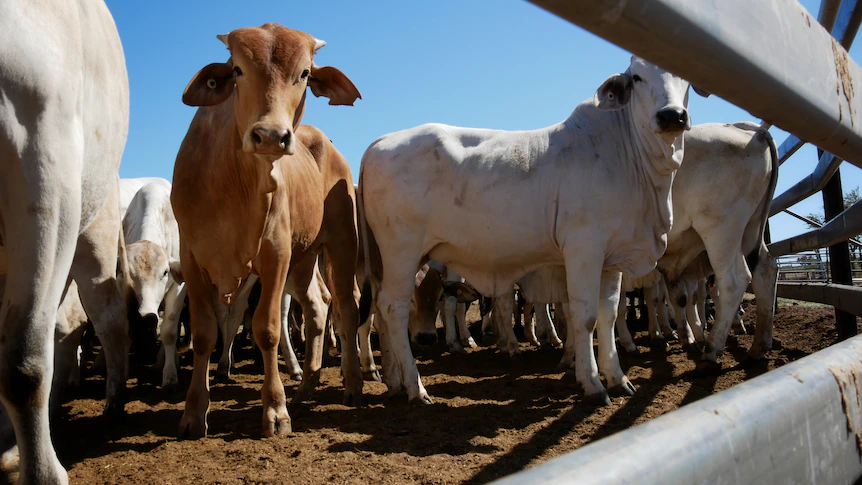Indonesia has officially lifted its suspension on Australian live cattle exports, citing the absence of lumpy skin disease (LSD) in Australian cattle. The temporary ban on imports from four Australian facilities to Indonesia, imposed in early August after a small number of Australian cattle were discovered with the disease, has been rescinded.
Lumpy skin disease, which leads to blisters and reduced milk production in cattle and buffalo, is transmitted via insect bites and is highly contagious. Importantly, it does not pose a risk to human health.
Federal Agriculture Minister Murray Watt welcomed this decision, highlighting Australia’s commitment to a calm and methodical approach in addressing the issue. He emphasized that Australia had consistently maintained its LSD-free status, supported by extensive testing conducted across Northern Australia.
Acting Deputy Secretary of the Agricultural Trade Group, Nicola Hinder, reiterated that LSD has never been detected in Australia, affirming the nation’s freedom from this disease. She also expressed the Australian government and industry’s appreciation for Indonesia’s decision to lift the suspension on four registered establishments and ease restrictions on an additional three registered establishments.
Hinder further noted that the department will continue to collaborate with stakeholders to provide the necessary assurances to trading partners regarding animal health status. This positive development is mirrored by Malaysia’s recent decision to revoke its ban on all live cattle exports from Australia, further underlining the importance of animal health and safety in the international livestock trade.
































